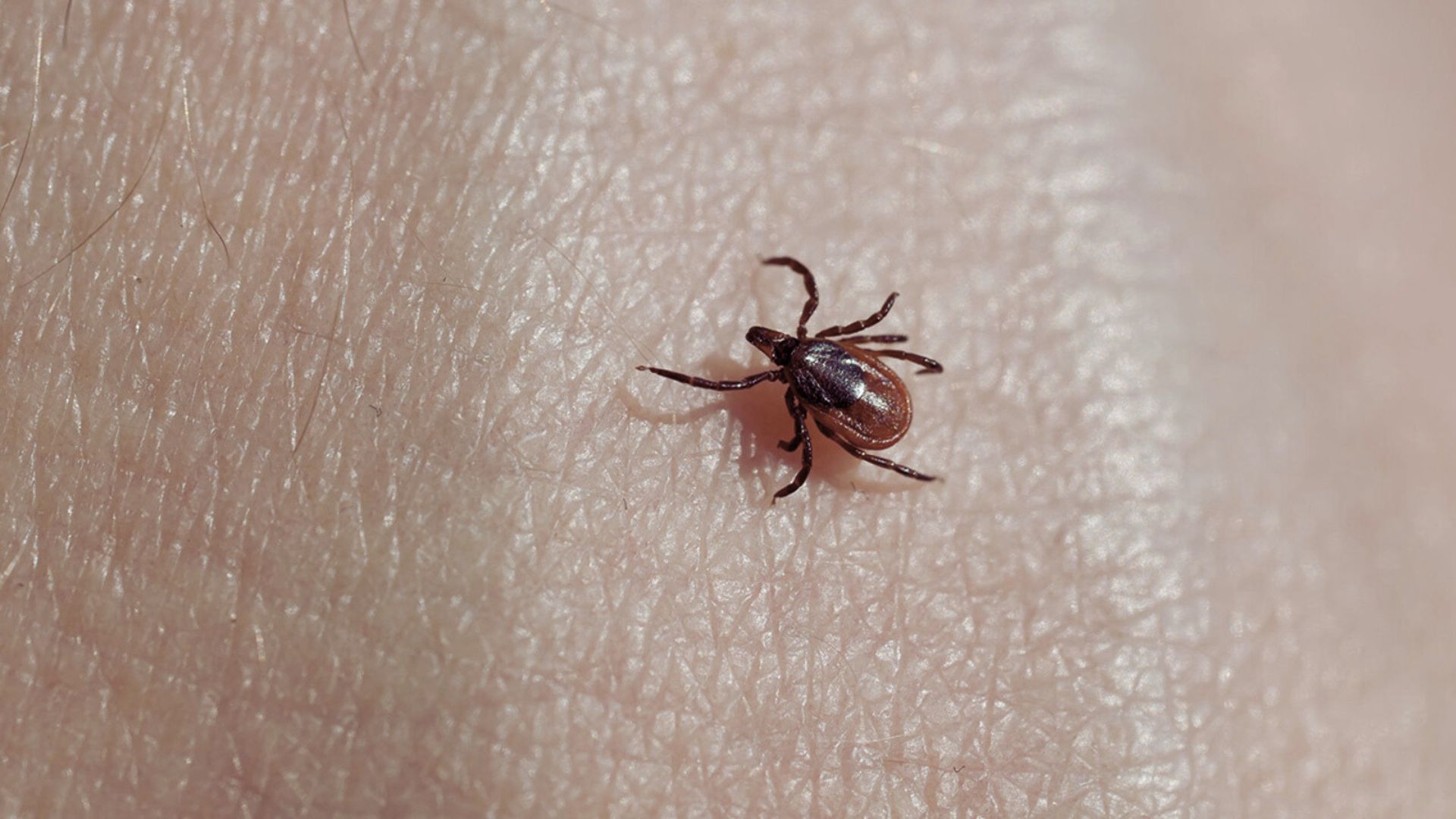MONTPELIER — As springlike temperatures arrive and people spend more time outdoors, the Vermont Department of Health is reminding residents to take steps to prevent tick bites and tick-borne illnesses. Ticks can be found throughout the state whenever temperatures are above freezing, with populations peaking during spring and fall.
Tick-borne diseases in Vermont, such as Lyme disease, anaplasmosis, and babesiosis, are spread by the bite of infected black-legged ticks. Cases of these illnesses have been on the rise in the state over the past decade. In 2016, the first case of hard tick relapsing fever was reported in Vermont.
Health officials are also concerned about the Powassan virus disease, a rare but serious illness spread by ticks that is becoming more prevalent in the northeastern United States. Since 1999, there have been two confirmed cases of Powassan virus disease in Vermont residents – one in Windsor County in 2022 and another in Orange County in 2023. While most people infected do not become ill, those who do can experience severe symptoms, including confusion, loss of coordination, difficulty speaking, and seizures.
“We all love spending time outdoors in Vermont, whether in the garden, in the woods, or on the sports field,” said Dr. Natalie Kwit, the state’s public health veterinarian. “But ticks can be found throughout Vermont, so everyone should know how to prevent tick bites and recognize symptoms of tick bite illnesses so you can call your health care provider as early as possible.”
To prevent tick bites, the Vermont Department of Health recommends:
- Avoiding wooded and brushy areas where ticks live
- Wearing EPA-registered insect repellent and protective clothing like long pants and sleeves
- Treating outdoor clothing, shoes, and gear with 0.5% permethrin
- Checking your body, children, pets, clothing, and gear for ticks soon after returning inside
- Taking a shower soon after being outdoors to wash away unattached ticks
- Putting clothes in the dryer on high heat for 10 minutes to kill ticks carried inside
- Talking with your veterinarian about tick-prevention products for pets
Symptoms of a tick bite illness may include fever, chills, rash, headache, joint pain, muscle aches, and fatigue. Individuals experiencing these symptoms within three to 30 days after a tick bite or spending time in a tick habitat should consult their doctor. Most people with tick bite illnesses fully recover after a short course of antibiotics; however, there are no vaccines to prevent or medicines that treat Powassan virus disease.





